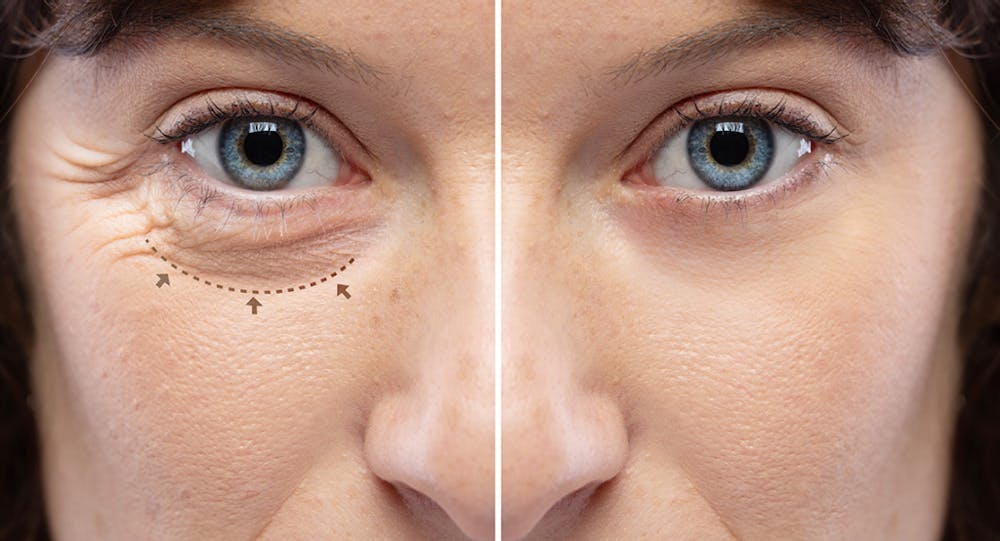

Blepharoplasty, better known as eyelid surgery, is a cosmetic surgery procedure that helps rejuvenate the eyes. Sun damage and aging can lead to sagging eyelids and bags. This makes you look worn out, even when you feel well-rested.
To correct sagging eyelids and bags that form under the eyes, choose a surgeon with expertise in facial plastic surgery. Having a board-certified facial plastic surgeon like Dr. Edward Buckingham of the Buckingham Center for Facial Plastic Surgery in Austin, Texas, is ideal.
A skilled blepharoplasty surgeon is the best way to get the results you expect. It’s also important to have realistic expectations and understand everything about eyelid surgery and post-operative recovery. Here are five things patients do not often understand about the surgery:
Avoid Repeat Lower Eyelid
If you’ve already undergone blepharoplasty and feel the skin on the lower eyelid is still too loose, do not rush into another procedure. Repeat surgeries put you at a higher risk for complications and can cause the lower eyelid to pull out or down.
If you really want additional procedures to tighten the skin, talk to your facial plastic surgeon about the benefits of light resurfacing such as Fraxel laser or more commonly the result of a blepharoplasty is the unrecognized and undertreated volume loss associated with the upper cheek and inferior lower eyelid. Filling in this area with injectable fillers such as Restylane or Autologous Fat will improve this area without the risk of lower eyelid pulling down.
Don’t Judge the Surgical Outcome in Just One Week
After blepharoplasty, some bruising and swelling are common. Some patients expect to see results as soon as stitches are removed in five to seven days. Patients heal at different rates. Some may be fine after three or four days, but others find that swelling and bruising fade after as much as two weeks. Before judging your new look, give your body time to heal and allow the tissue and skin to settle following the post-surgery swelling.
Dry Eyes are a Common Complaint Following Surgery
Many blepharoplasty patients complain of dry eyes following their surgery. According to Dr. Buckingham, this is usually a temporary condition.
The fluid that lubricates the eyes is made up of mucus, oil, and water, and this fluid is released by glands in the eyelids. After blepharoplasty, swelling puts pressure on these glands, affecting their performance, and this will lead to dry eyes.
The dry eyes you feel triggers your brain to release tears, but these tears lack the oil and mucus that work effectively in keeping the eyes lubricated. As the swelling decreases, the dry, scratchy feeling disappears.
Small Bumps May Form on the Healing Incision
During the post-operative period following a blepharoplasty, some patients find small bumps form on their healing incisions. This is normal. As the incisions heal, a small amount of scar tissue forms, leading to the bump, but eventually, that tissue softens. In rare cases, the scar tissue may thicken. If this happens, Dr. Buckingham recommends a small dosage of steroids to correct the issue.
Wait Before You Get Fillers
If you’ve recently had fillers injected into your tear trough, do not schedule blepharoplasty yet. During blepharoplasty surgery, the facial plastic surgeon fills the tear trough and smoothes the union of the lower eyelid and cheek. If you’ve had fillers as Juvéderm injected into your tear trough, it is hard for the plastic surgeon to mold that area correctly. It’s best to hold off on surgery until your body absorbs the filler.
Still curious?
Dr. Buckingham is board certified in facial plastic and reconstructive surgery and also in otolaryngology. To schedule a consultation with the Austin facial plastic surgeon, call (512) 401-2500.



